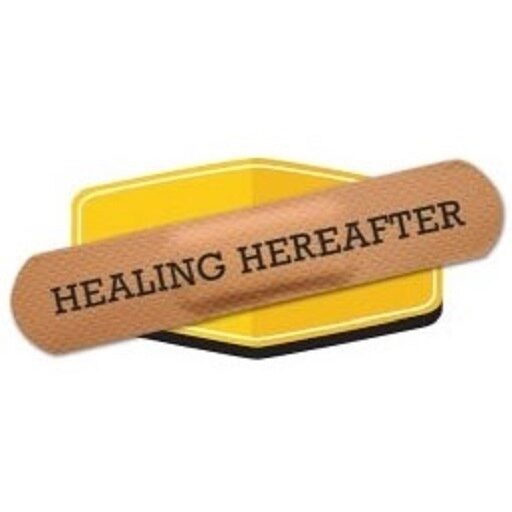Who hasn’t asked themselves what might lie on the other side of death? Discussions, books, movies, jobs, life goals, and entire worldviews are dedicated to this hugely important question! And for those who entertain Christianity’s answer as an option on the table, they’ve almost certainly been told, “You live, you die, and then you go to either heaven or hell.” But the Bible teaches otherwise. Both its Old and New Testament teaching and the way its original audience most likely understood it do not allow for such an oversimplification. And good thing! The life/death/heaven or hell model so many of us are familiar with plunge both leery Christians and skeptical non-Christians into impossible questions and irreconcilable quandaries. The Bible’s model does not, and in Chapter 11 of Healing Hereafter, we begin to discover out how God makes so much sense concerning our first step into the great beyond! Here’s the quick-read version’s sneak peek to get you thinking…
Chapter 11
Because the common belief that the saved go promptly to the current heaven and the unsaved go promptly to Hell upon dying generates many difficult questions, we comprehensively survey the Bible’s commentary on humanity’s immediate fate after physical death. We unveil that both the Old and New Testaments, as well as Jesus himself, continually exclude both Hell and any place called heaven (either the current heaven or the coming, eternal Heaven called the New Earth) as archetypal destinations for humans until after judgment day. Some argue that individuals who were raised to life in the Bible proceeded on to the current heaven or that it became available to humans after Jesus’ resurrection, but we discover that their examples either contradict each other or prove the opposite. Moreover, we learn that the Bible undeniably states that no humans—except Jesus—were in the current heaven even long after Jesus rose. We also find no biblical
examples of humans currently in Hell, further solidifying an intermediate
abode for all humans between death and judgment.


